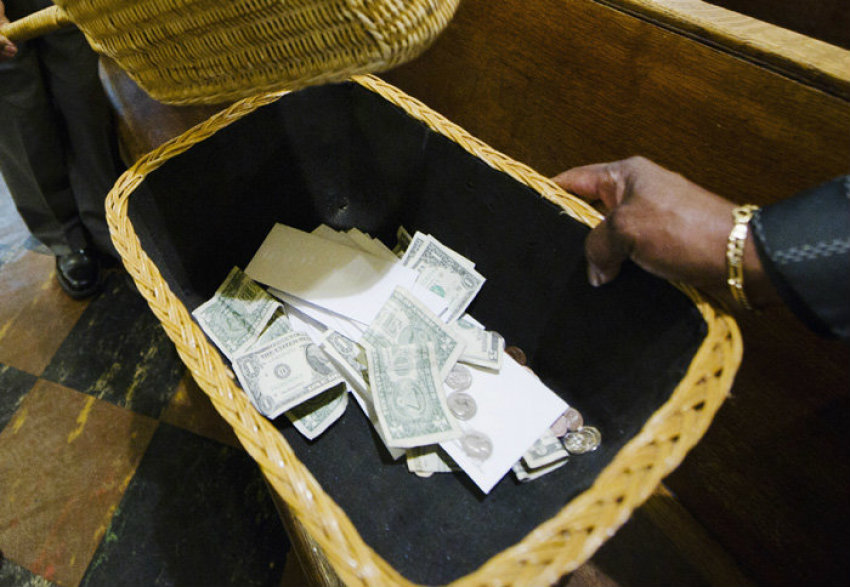Half of US Protestant pastors say economy is negatively impacting their churches: study

Half of the Protestant pastors in the United States believe the economy is having a negative impact on their churches because giving is failing to keep up with inflation, according to a new Lifeway Research study.
Titled “Pastors’ View on Economic Impact: A Survey on American Protestant Pastors,” the report found that while 50% of pastors say the economy is negatively impacting their churches, 40% say economic circumstances are not affecting them, and 8% say the economy is a positive factor for their churches.
The report drew from a phone survey of 1,004 Protestant pastors from Aug. 29 to Sept. 20, with an overall margin of error of plus or minus 3.2% with a 95% confidence level.
According to the report, one in five pastors reported a decrease in giving, which includes 4% who reported offerings are down by 1%-9%, 12% who stated they are down 10%-24%, and 4% who claimed they have declined by 25% or more.
If the income experiences of churches were to be combined, the average church experienced an increase of 0.79% in offerings from 2022 to 2023.
“The good news is the economy is not negatively impacting more churches than last year, despite persistent inflation and slower economic growth,” Scott McConnell, the executive director of Lifeway Research, said in a statement on Oct. 10.
“The bad news is that most churches continue to feel pain and discomfort from current economic realities.”
Additionally, nearly seven in 10 pastors said that giving at their church is at or exceeding their budget, with 46% saying giving has nearly reached what was budgeted and 22% saying it’s higher. Thirty percent claim giving is below their 2023 budget.
“This was not an easy year to set a budget, as many predicted a softening in the nation’s economic well-being,” McConnell stated. “Whether churches lowered expectations or not, most are meeting or exceeding their budget.”
“Finances are not just difficult for those churches in which giving is down,” McConnell said. “Most churches are not seeing growth in offerings that keep pace with inflation. So, many churches are still cutting spending and giving raises that are smaller than their pastors and staff need.”
Pastors at churches with 250 or more in worship attendance are the least likely to say the economy has somewhat or very negatively impacted their churches this year (34%) and are also the most likely to report that giving levels are above those in 2022 (57%).
In contrast, pastors of churches with fewer than 50 attendees or between 50-99 attendees are among the most likely to say offerings have been lower than budgeted this year (35% and 32%) and below 2022’s offerings (27% and 24%).
“In a smaller church, if economic factors hurt even a couple of families, chances are the church feels it,” McConnell said. “There is no looking around expecting someone else to step up to cover it. It just hurts.”
Nicole Alcindor is a reporter for The Christian Post.



























